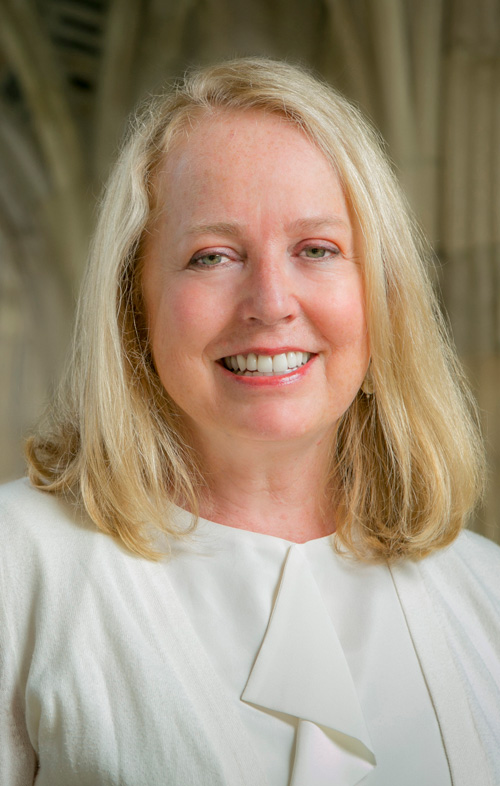Our undergraduate programs will provide you with a solid foundation and sound knowledge of the central themes and divisions of theology, and the research you will undertake will immerse you in the intricacies of theology as a rich field of study.
As a student in Duquesne’s Department of Theology, you will research and analyze religious texts, engaging in close readings and critical analysis of works such as the Bible, the Quran and the Talmud. Focusing on particular themes and historical contexts, you will study the development of particular religious traditions, movements or figures. And you’ll explore the diversity of religious practices across different cultures and traditions, engaging in theological reflection on various topics, such as the nature of God, the problem of evil or the relationship between faith and reason.
Building on Duquesne’s liberal arts foundation, you will develop your own analytical and critical thinking skills—skills that will prepare you well for a variety of careers.
Many students choose an undergraduate degree in theology to supplement their primary degree.
The department offers several ways through the discipline. You’ll pursue research and scholarship with the support of our nationally and internationally
recognized faculty scholars. Held annually each spring by the Office of Research, the Undergraduate Research &
Scholarship Symposium (URSS) provides Duquesne University undergraduates the opportunity
to share their research and other forms of scholarship with faculty, peers and the
local community. The Symposium encourages undergraduates from all areas of study to
engage in research opportunities early on in their academic career. Check the URSS website for deadlines and additional information. For more information, contact Dr.
Daniel Scheid. Explore the discipline and develop lifelong competencies. Build skills for life beyond your degree.Degree Tracks
Student Opportunities
Learning Outcomes
Educational & Career Advantages
Contact for more info!
Dr. James Bailey



